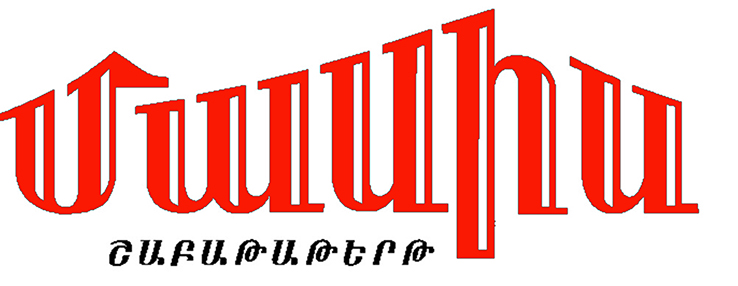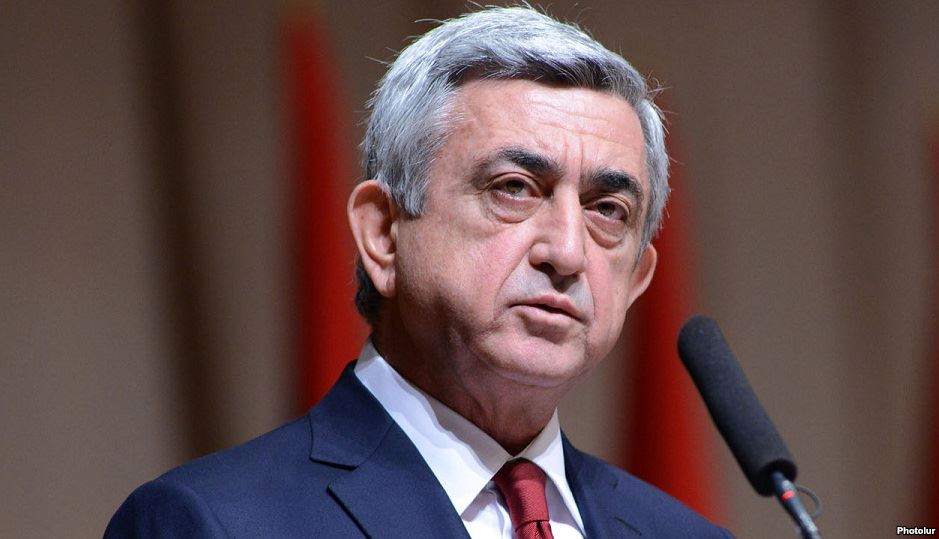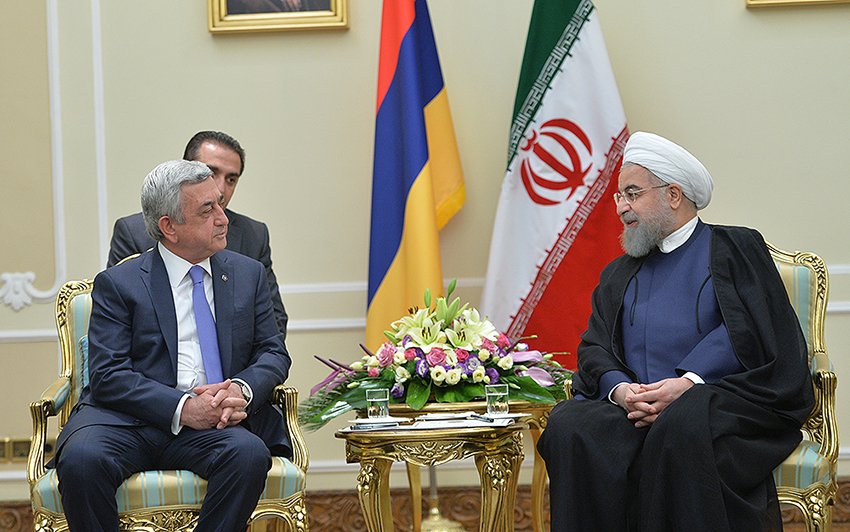On January 28, Armenia marked the 27th anniversary of the establishment of the National Army. On this occasion the leadership of the Republic of Artsakh participated in the ceremonies held in Yerevan. The secretary of the Security Council of Artsakh, Vitaly Balasanyan was also present, and yet again he was in the spotlight with his inappropriate and unwise statements to the media. During his visit to Yerablur martyrs cemetery, instead of focusing on the meaning and the significance of the occasion for the Armenian nation, he expressed opinions which sparked outrage among the people.
Balasanyan criticized the Armenian leadership’s negotiating strategy on the Artsakh problem. He questioned the investigative capabilities of the law enforcement bodies of Armenia, and described the case against former president Robert Kocharyan as “a jock”. He provided legal lessons, saying that the authorities could not break the constitution, only the apposition can do that. When asked about the embezzlement and enrichment by Kocharyan, he accused the people, saying, “YOU should have not allowed it”.
All of these inappropriate statements could have been ignored, if social networking sites were not inundated with outrage toward Balasanyan. Many of the comments were not only targeting Balasanyan, but also were speaking in dangerous and unacceptable terms of “Hayasdantsi-Karabakhtsi”.
Unlike President Bako Sahakian, Vitaly Balasanyan is one of the leaders who has not reconciled with the changes that took place in Armenia. With similar frequent statements they are living in the past, without considering the feelings of the vast majority of the people of Armenia.
When the threat of war is a constant presence, and Armenia-Artsakh unity is the only safeguard to control the enemy’s aggressive appetite, the balassanians should be extra careful and act the way the Armenian authorities do, never publicly expressing opinions about Artsakh’s internal affairs.
“Yerablur” was not the place and the Army’s day was not the time to spoil the spirit and the significance of the occasion.
“MASSIS”










